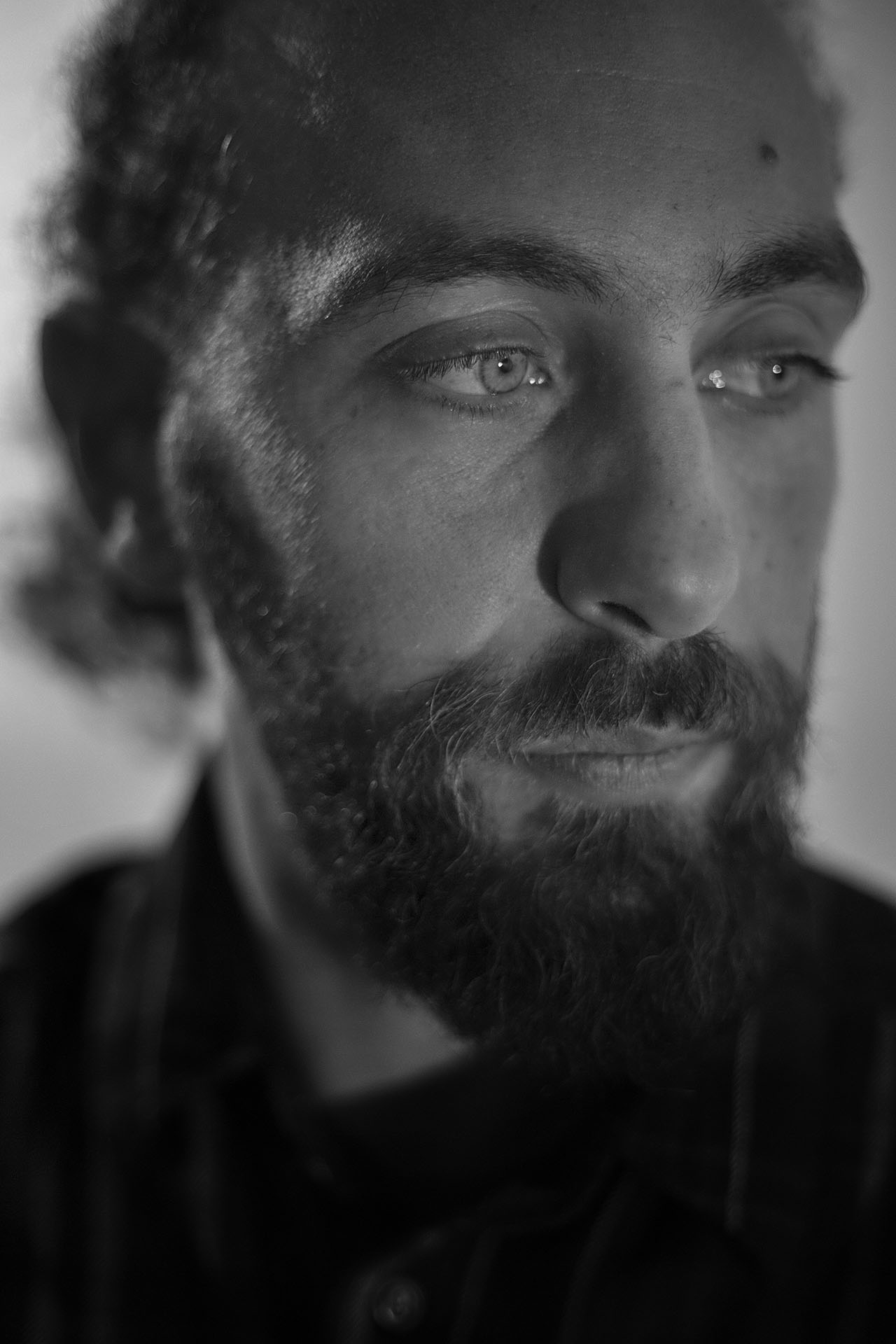Kostis Ntantamis is a full time photographer-photojournalist, covering political and social issues in Greece, Middle East and the Balkans.
His work has been published and he has worked with various print and online media-magazines and newspapers. Some of them are the Polish edition of Newsweek, magazines on feminist issues such as the Belgian “Axelle” and the French “Femmes en Resistance” as well as one of the major Belgian magazines, De Standaard, as well as the newspapers Liberation, Het Nieuwsblad and Les Echos.
A big part of his work is also on covering rallies and demonstrations for various international Agencies, the major being Sputnik – RIA Novosti, as its stringer-correspondent for Greece. He has also covered some stories for the Agence France Presse and the humanitarian news agency, IRIN, on stories of humanitarian interest. Stories concerning the Arab world, have appeared in “The New Arab” online media.
He has also co-curated and taken part in the “No Direction Home” photobook issued by the Rosa Luxemburg Foundation. A book-testimony, in which professional Greek photographers and photojournalists have contributed their work on the refugee and migrant crisis, from the conflict zones of Libya and Syria, to the immigrants’ entrance in Europe, their journey through the Balkans and their arrival to their final destination.
He is always trying to find ways to visit countries and places, to get to know different people and cultures and report on possible social issues and imbalances.
Photography for him is not only an artistic expression, but also his way of communicating his view on society and its diversities.

On the brink
Albania. A country which, since the opening of its borders in the early 1990s, has left behind an “uncommon” communist model and is in pursuit of its European identity. No matter how strong the reforms, which began during the period of “democratic stability”, are, there is still a bygone character, which in a few years will be extinct.
The ongoing reforms taking place in every sector and aspect of the society are unprecedented for the civilians of the country. In its capital, Tirana, among the newly constructed highways and the buildings of modern architecture rising in dozens during the last years, stock-farmers still live and work there, forming an urban landscape which despite the obvious contrast, seems in harmony and in terms of historic continuity.
Starting point of this long term project is my desire to make a record of this neighbouring country, the birthplace of friends and acquaintances. A country which, despite having so many bonding elements with us, has been kept so far apart by official history. I believe that the more I travel and get to know Albania and its people, the more I feel a much deeper connection, which makes me want to continue this journey. Nevertheless, along with this strong bond, some of my concerns are on the rise, worrying and hoping that the changes our neighbouring country undergoes, will not be “scared” in the hearts of the people. Those, who without second thoughts and always with a smileon their faces, have opened their house, and even in the most remote villages of the mountainous countryside, made me remember my childhood memories.



